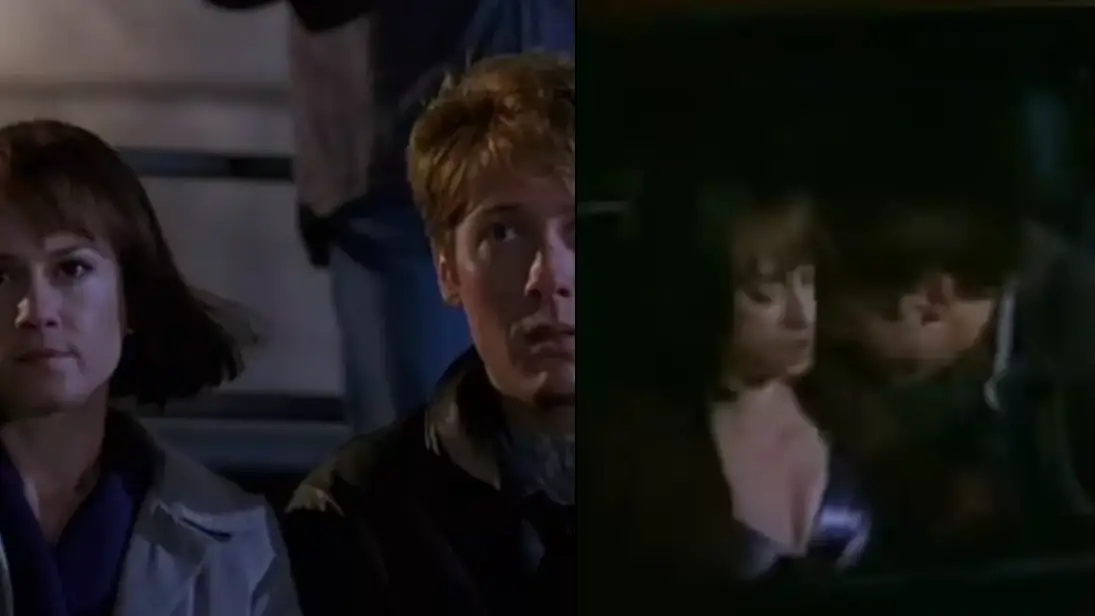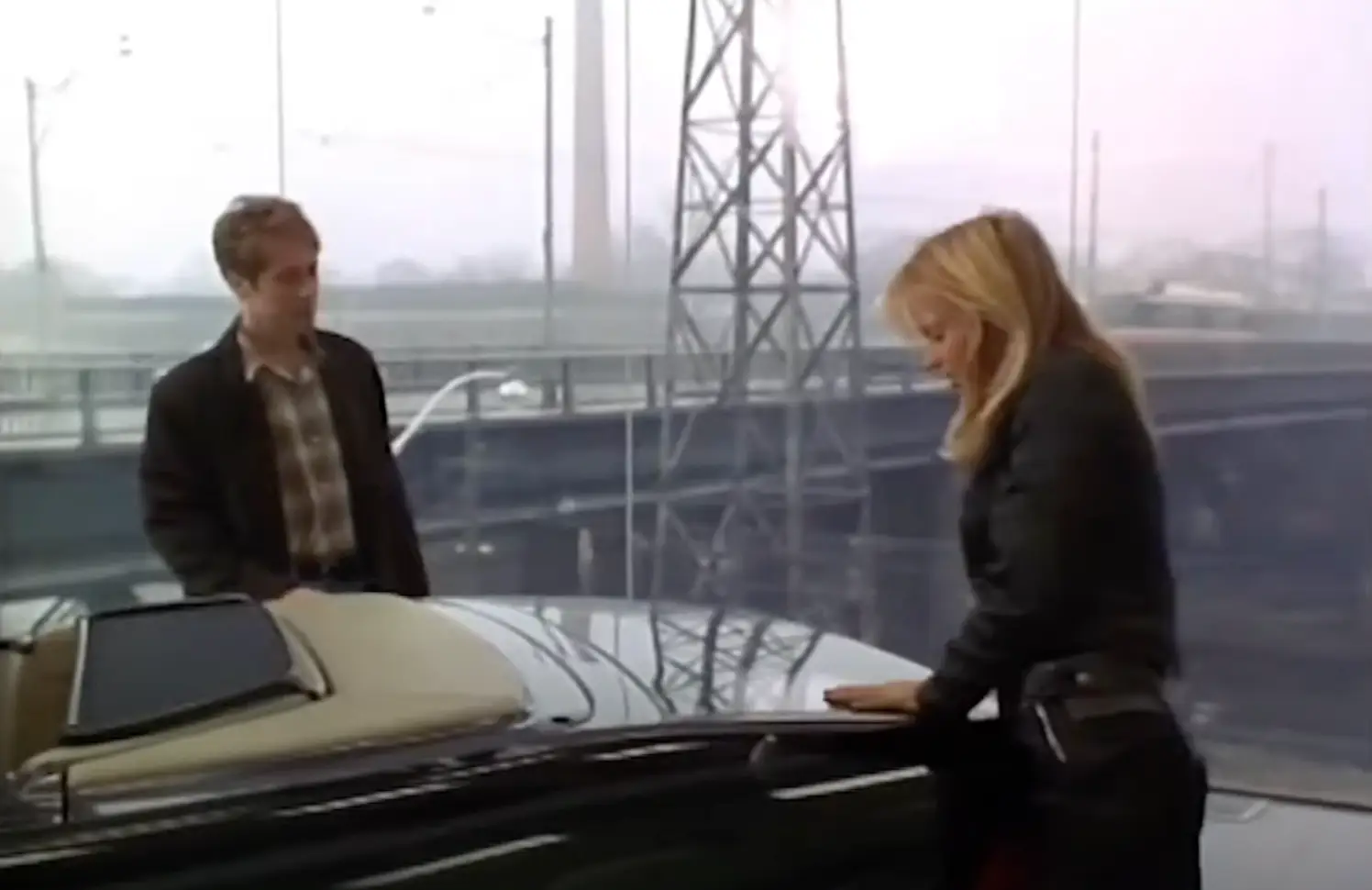
David Cronenberg, the director considered to be behind the body horror sub-genre, is no stranger to controversy.
Known for his provocative films such as The Fly, A History of Violence, and The Brood, Cronenberg has pushed cinematic boundaries with his explorations of the human body and psyche.
However, few of his works have sparked as much outrage and debate as one of his 1996 films.
Based on J.G. Ballard's 1973 novel, it tells the story of a man (played by James Spader) who survives a near-fatal car accident and discovers an underground subculture of individuals who derive sexual pleasure from car crashes.
Advert

The erotic thriller is infamous for its graphic sexual content, including a shocking scene where the protagonist engages in intercourse with a disabled woman by penetrating a scar on her leg.
This explicit content led to worldwide bans, public outcry, and a lasting reputation as one of the 'most controversial' films ever made.
When the movie - called Crash - premiered at the Cannes Film Festival in 1996, it immediately divided audiences.
Former jury president Francis Ford Coppola reportedly despised the film so much that the festival created a special award to acknowledge its 'originality, daring, and audacity', sidestepping the more prestigious Palme d'Or. Cronenberg was booed as he accepted the prize, cementing the film's polarising status.
In the UK, Crash faced intense backlash, with critics labelling it 'beyond the bounds of depravity'.
Late British critic Alexander Walker was among those leading the charge, alongside a campaign spearheaded by tabloids like The Daily Mail and Evening Standard.
Westminster Council went so far as to ban the film in certain parts of London, while Norway outright refused to screen it.
Even in the US, AMC Cinemas posted security guards to ensure minors didn't sneak in.
Cronenberg's film didn't hold back in its portrayal of eroticism intertwined with violence.

Beyond the notorious scar scene, the movie featured multiple graphic depictions of sexual encounters, pushing the limits of what audiences were willing to tolerate.
One particularly infamous scene involving an actress lactating was cut because it 'didn't fit the movie's logic', according to Cronenberg.
Despite the backlash, the British Board of Film Classification (BBFC) ultimately gave Crash an 18 certificate after consulting psychologists and legal experts.
It concluded the film wouldn't incite dangerous behaviour and appreciated its metaphorical exploration of trauma and human desire.
A screening with disabled individuals found that while most didn't enjoy the film, they appreciated its depiction of disabled people as sexually active and attractive - a rare portrayal in mainstream cinema.
Though Crash was reviled upon release, it has since gained a cult following and is now considered one of Cronenberg's finest works.
Its unflinching exploration of taboo themes and the dark recesses of human nature continues to spark debate among cinephiles and critics alike.
Even nearly 30 years later, Crash remains a film that defies categorisation - a cinematic car crash you can't look away from.
Topics: TV and Film, Sex and Relationships